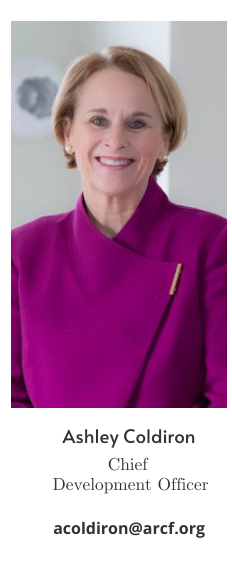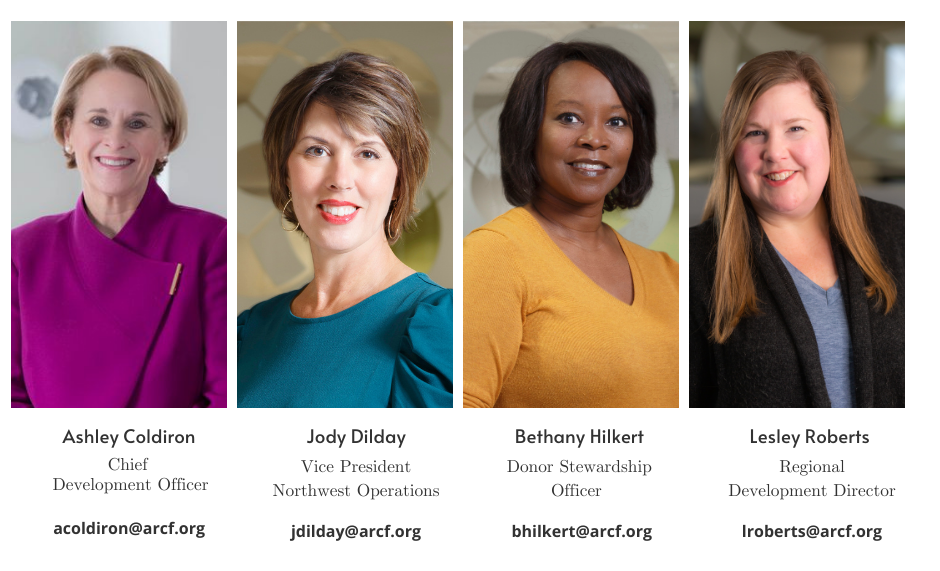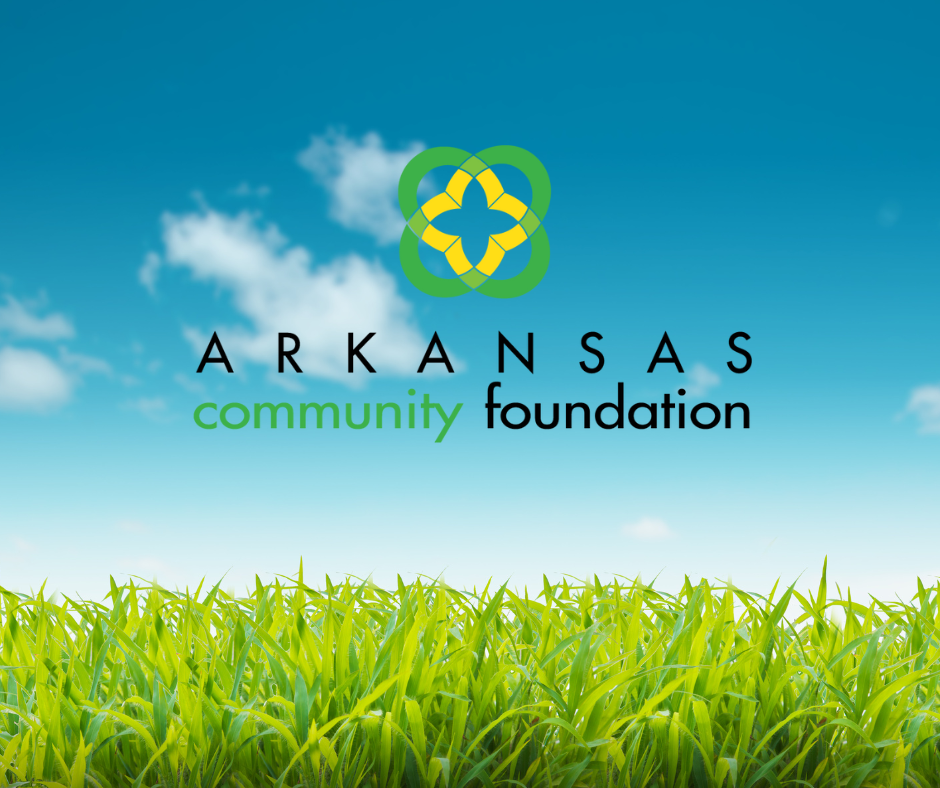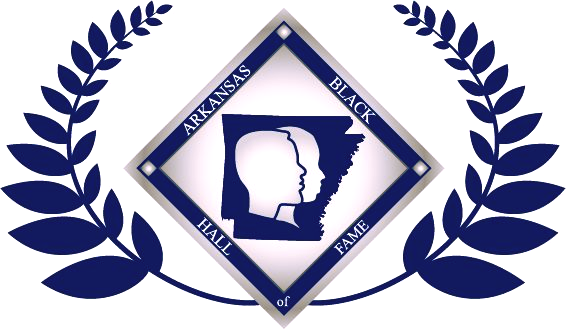The One Big Beautiful Bill Act was signed into law by President Trump on July 4, 2025, after the House of Representatives approved the Senate’s changes to H.R. 1, which passed the House by a narrow margin in May.
The OBBBA, with nearly 900 pages of provisions, reshapes policy across major sectors of the U.S. economy. Included in the OBBBA are several provisions that impact philanthropy. Three major takeaways are of particular importance as the Community Foundation helps donors, fund holders, and nonprofits, as well as attorneys, CPAs, and financial advisors–navigate charitable planning opportunities over the months and years ahead.
(Notably, the OBBBA omits several provisions that appeared in previous versions of the legislation, such as a proposed increase to the net investment income tax on private foundations.)
Insight #1: Standard deduction goes higher
What’s in the OBBBA?
The new law makes permanent the standard deduction increases under the Tax Cuts and Jobs Act of 2017 (TCJA), increasing the standard deduction for 2025 to $15,750 for single filers and $31,500 to taxpayers who are married and filing jointly. The new law also expands the “bonus” deduction for taxpayers 65 and older through 2028.
What’s more, under the new law, individuals who itemize may take charitable deductions only to the extent the charitable deductions exceed 0.5% of adjusted gross income. Furthermore, taxpayers in the top bracket can only claim a 35 percent tax deduction for charitable gifts instead of the full 37 percent that would otherwise apply to their income tax rate. Note also that the final bill permanently extended the 60% of adjusted gross income contribution limitation for cash gifts made to certain qualifying charities.
What does this mean for charitable giving?
With even fewer taxpayers eligible to itemize, and deductions capped for high-income earners, we’re likely to see a continuation of the chilling effect on charitable giving that occurred in the wake of the TCJA.
What can you do?
If you regularly support charities, it’s important to continue to do so whether or not you’re benefiting from a tax deduction. Our community needs you, now more than ever. If you’re a nonprofit, or if you’re an attorney, CPA, or financial advisor who works with charitable clients, remember that people do not give to charity solely to secure a tax deduction. Keep in mind that many other factors motivate charitable giving, and philanthropy is an important priority for many families. (This article in the Stanford Social Innovation Review has stood the test of time.)
Insight #2: Deduction for non-itemizers
What’s in the OBBA?
The new law includes a provision, effective after 2025, allowing non-itemizers to take a charitable deduction of $1,000 for single filers and $2,000 for taxpayers who are married and filing jointly. As has been the case in the past, gifts to donor-advised funds are not eligible. Unlike a previous (but smaller) similar provision, though, this law is not set to sunset.
What does this mean for charitable giving?
After the TCJA went into effect, households that itemize deductions dropped to under 10%. Parallel to this trend, the number of U.S. adults who give to charity in any given year has dropped over the last 20 years from nearly two-thirds to less than half, according to some studies. Against this backdrop, the OBBBA’s deduction for non-itemizers has the potential to re-motivate charitable giving among a significant number of households.
What can you do?
For everyone, now is the time to take a serious look at your charitable giving plans to support the causes you care about over the years ahead, especially if you are early in your career and not yet itemizing deductions. If you’ve already established a fund or you’re working with the Community Foundation in another way, please reach out to learn how we can help you make the most of the new tax laws, and even get your children and grandchildren involved. If you’re a nonprofit, now is the time to attract and engage brand new donors. And if you’re an attorney, CPA, or financial advisor, make sure you talk about charitable giving with your clients who don’t itemize; a $1000 or $2000 deduction could be just the motivation they need to begin a journey of philanthropy.
Insight#3: No sunsetting estate tax exemption
What’s in the OBBA?
For affluent taxpayers updating financial and estate plans, and for the attorneys, CPAs, and wealth managers advising them, the last couple of years have been a roller coaster because of the looming possibility that the TCJA’s increase to the estate tax exemption would sunset at the end of 2025. Finally, there is clarity: Under the OBBBA, the sunset will not happen. The new law makes permanent the increase in the unified credit and generation-skipping transfer tax exemption threshold. The 2025 exemption is $13.99 million for single filers and $27.98 million married filing jointly. In 2026, these numbers increase to $15 million and $30 million respectively.
What does this mean for charitable giving?
Purely estate tax-based incentives to give to charity continue to apply only to the ultra-wealthy, likely resulting in a continuation of the taxpayer behavior triggered by the TCJA. In other words, most people will give to charity during their lifetimes and in their estates for reasons other than a tax deduction.
What can you do?
There is no guarantee that the estate tax exemption will stay high forever. As families work with their tax and estate planning advisors, many are viewing the next two years as an important window to plan ahead. The upshot of the new law is that high net-worth taxpayers now have more time to thoughtfully consider estate planning strategies, including charitable giving. For nonprofit organizations, this means continuing to focus on long-term planned giving strategies is wise.













